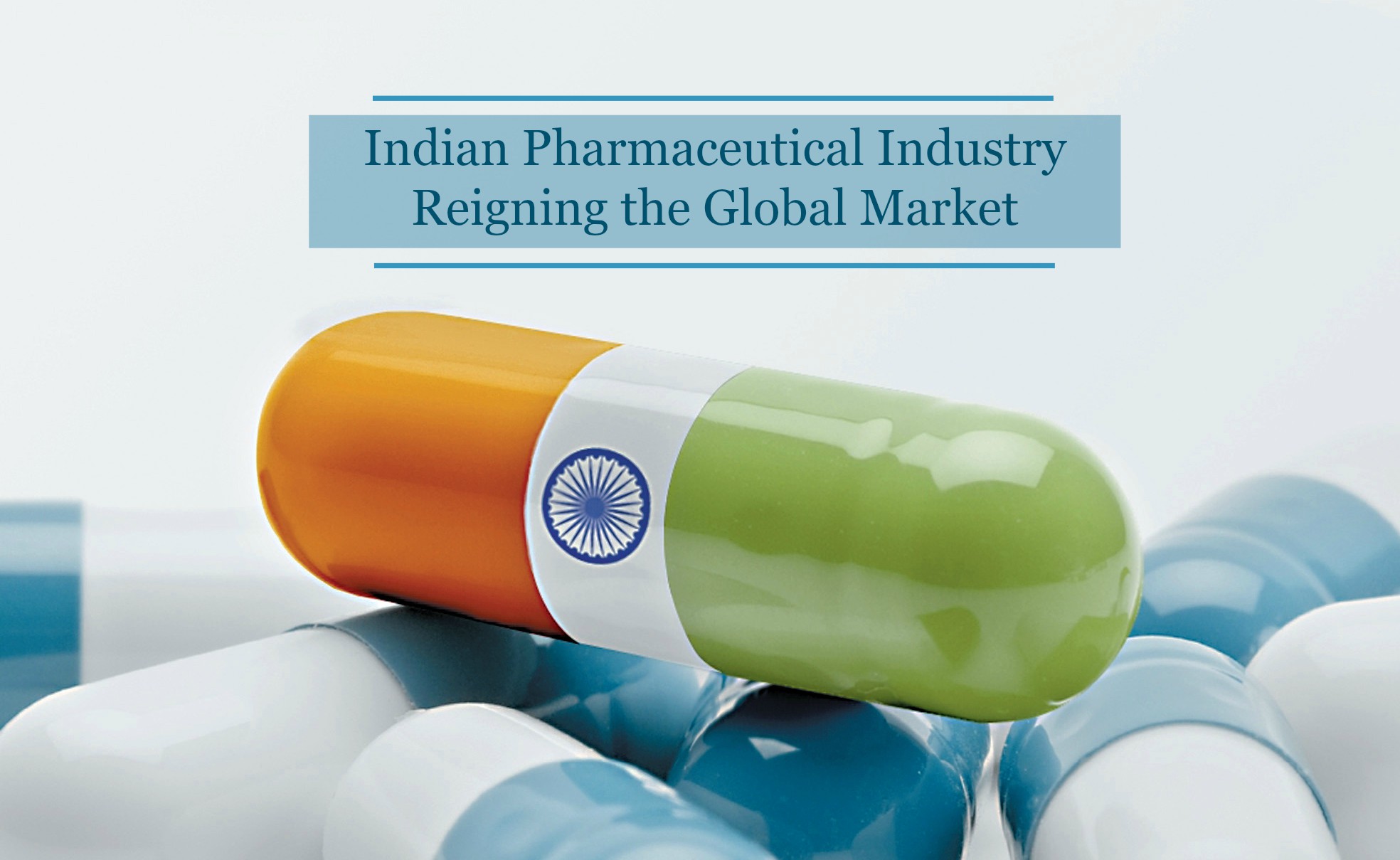
The pharmaceutical industry is one of the most complex and highly regulated sectors in the world. With a global market size projected to reach $1.4 trillion by 2025, the industry plays a vital role in the healthcare system, providing life-saving medications to millions of people worldwide. However, the recent imposition of tariffs on imported goods has raised concerns about the potential impact on the pharmaceutical industry. In this article, we will explore what tariffs could mean for the pharmaceutical industry and the potential consequences for manufacturers, distributors, and consumers.
What are Tariffs and How Do They Affect the Pharmaceutical Industry?
Tariffs are taxes imposed by governments on imported goods, including pharmaceuticals. The primary purpose of tariffs is to protect domestic industries by increasing the cost of imported goods, making them less competitive in the market. In the context of the pharmaceutical industry, tariffs can be imposed on imported active pharmaceutical ingredients (APIs), finished dosage forms, or medical devices. The tariffs can be levied on the value of the imported goods, making them more expensive for manufacturers, distributors, and ultimately, consumers.
Potential Consequences of Tariffs on the Pharmaceutical Industry
The imposition of tariffs on pharmaceuticals can have far-reaching consequences for the industry, including:
Increased Costs: Tariffs can increase the cost of APIs, finished dosage forms, and medical devices, making them more expensive for manufacturers and distributors. These increased costs can be passed on to consumers, making medications less affordable.
Supply Chain Disruptions: Tariffs can disrupt the global supply chain of pharmaceuticals, leading to shortages and delays in the delivery of essential medications.
Reduced Competition: Tariffs can reduce competition in the market, as domestic manufacturers may have a competitive advantage over foreign manufacturers, leading to higher prices and reduced innovation.
Impact on Research and Development: Tariffs can impact research and development in the pharmaceutical industry, as increased costs and reduced competition can limit the ability of companies to invest in new drug development.
Who Will Be Affected by Tariffs on Pharmaceuticals?
The imposition of tariffs on pharmaceuticals will affect various stakeholders in the industry, including:
Manufacturers: Pharmaceutical manufacturers will face increased costs due to tariffs on imported APIs, finished dosage forms, and medical devices.
Distributors: Distributors will face increased costs and potential supply chain disruptions, making it challenging to deliver medications to consumers.
Consumers: Consumers will face higher prices for medications, making them less affordable, particularly for those who rely on essential medications for chronic conditions.
The imposition of tariffs on pharmaceuticals can have significant consequences for the industry, including increased costs, supply chain disruptions, reduced competition, and impact on research and development. It is essential for policymakers to carefully consider the potential impact of tariffs on the pharmaceutical industry and to work towards finding solutions that balance the need to protect domestic industries with the need to ensure access to affordable medications for consumers. As the pharmaceutical industry continues to evolve, it is crucial to prioritize policies that promote innovation, competition, and affordability, ensuring that life-saving medications remain accessible to those who need them.
Note: This article is for general information purposes only and is not intended to provide specific advice or recommendations. The views and opinions expressed in this article are those of the author and do not necessarily reflect the views of any organization or individual.

-0101.jpg)
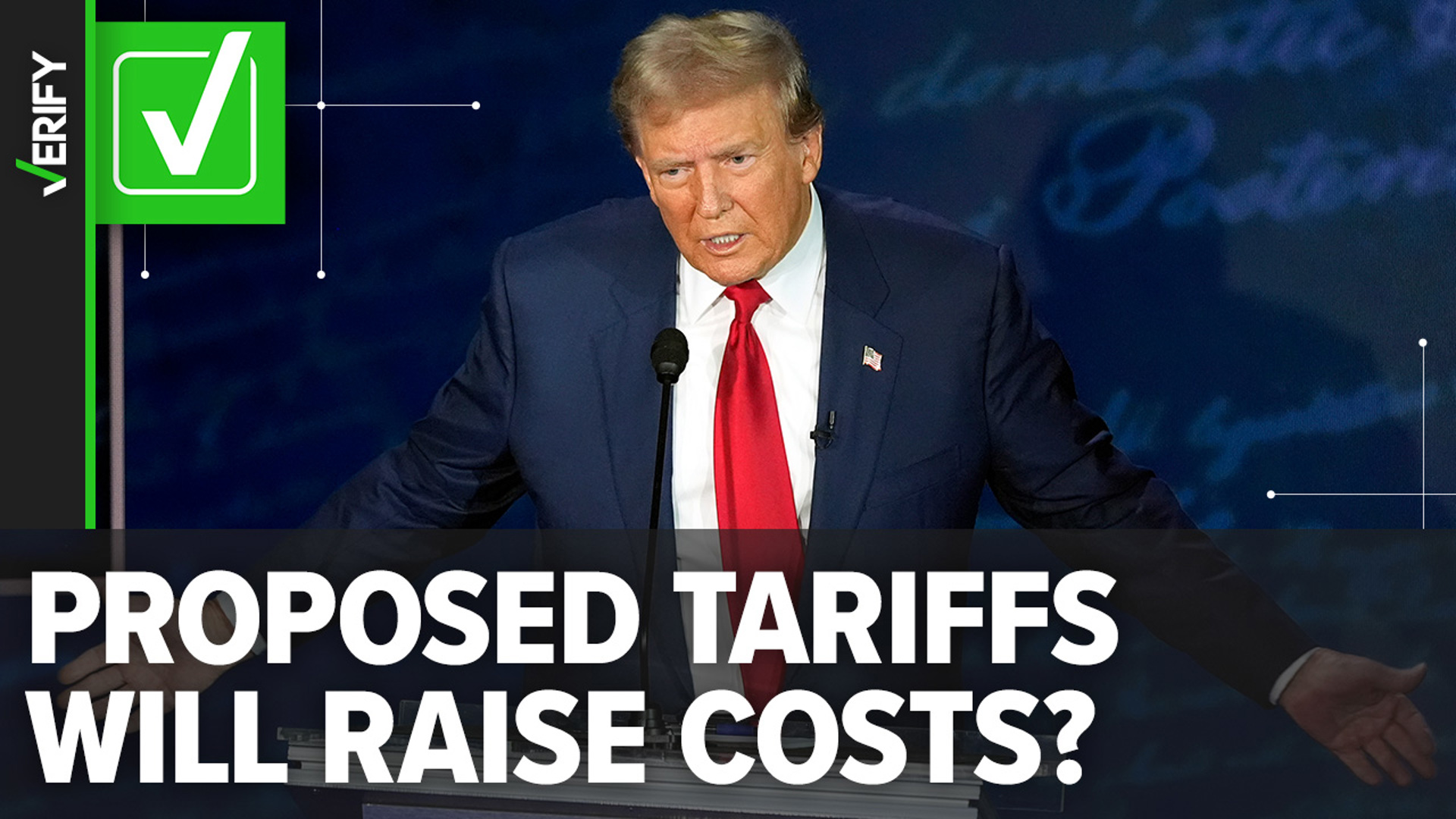
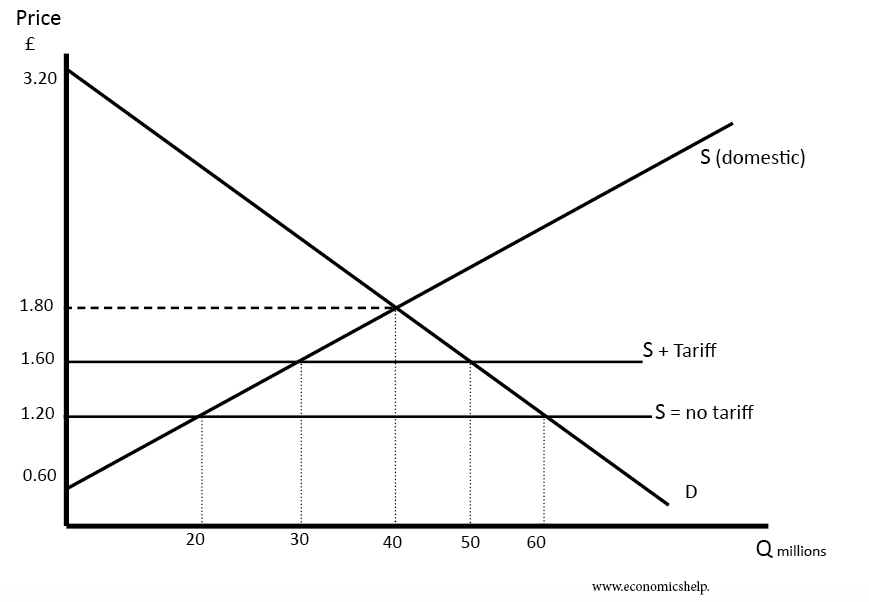
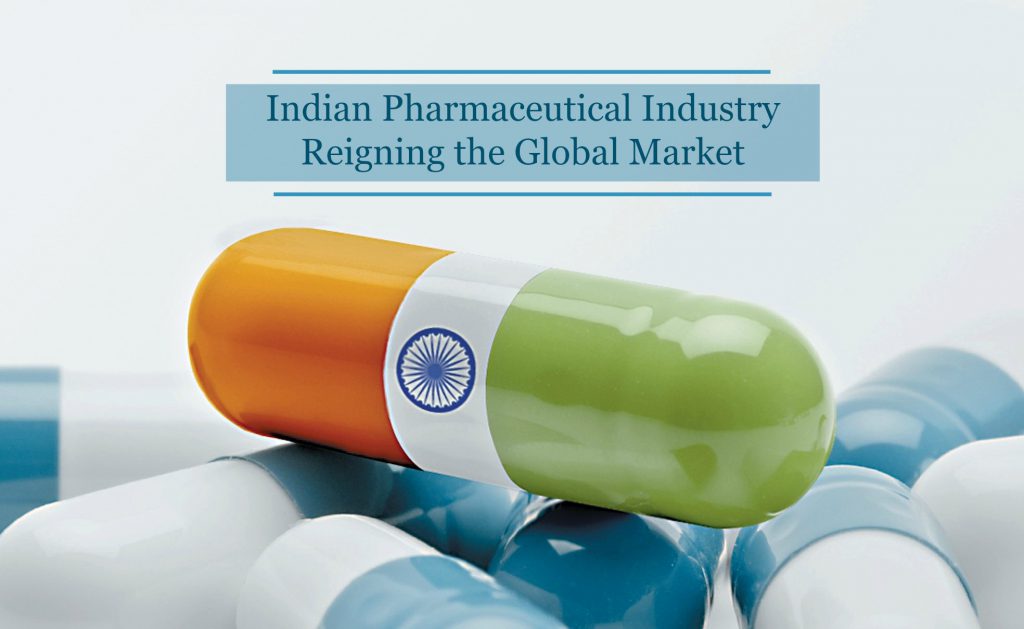
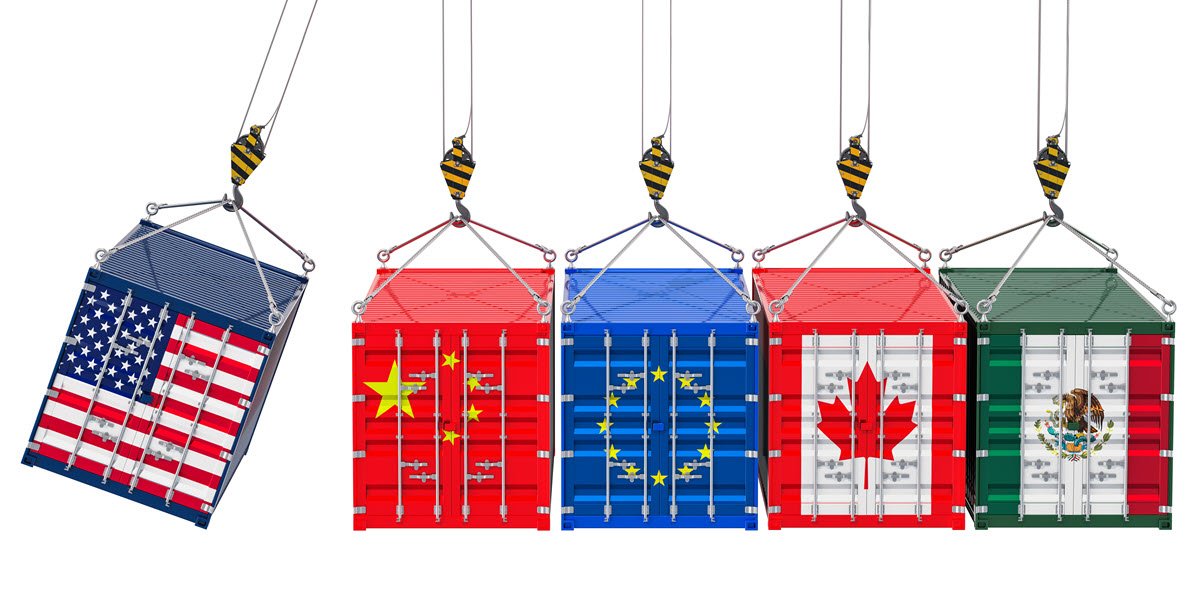
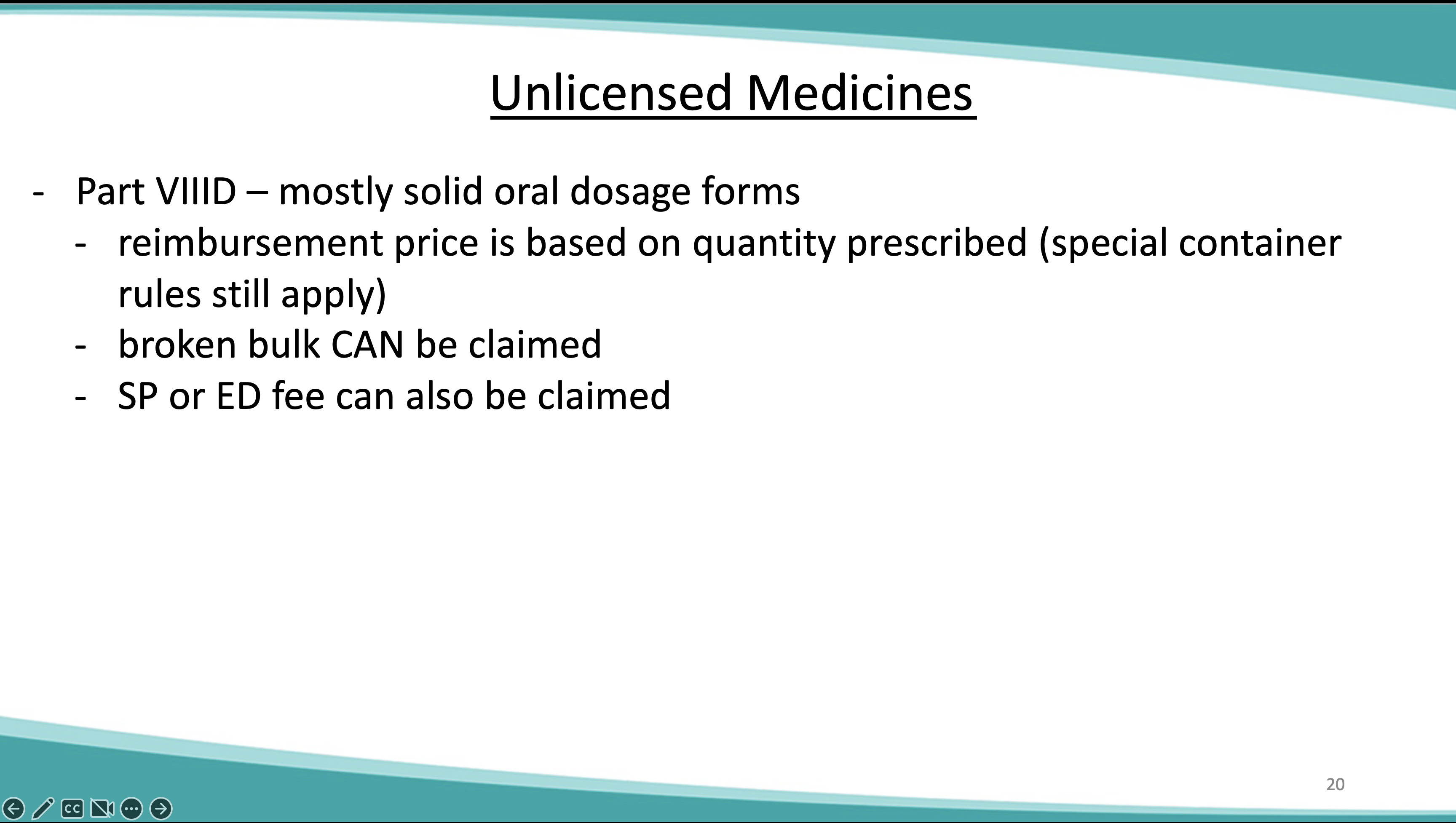
![[Infographic] Section 301 Tariffs: U.S. & China | Trade War | TRG Peak Blog](https://traderiskguaranty.com/trgpeak/wp-content/uploads/2019/07/trg-section-301-us-china-trade-war-infographic-1.png)

